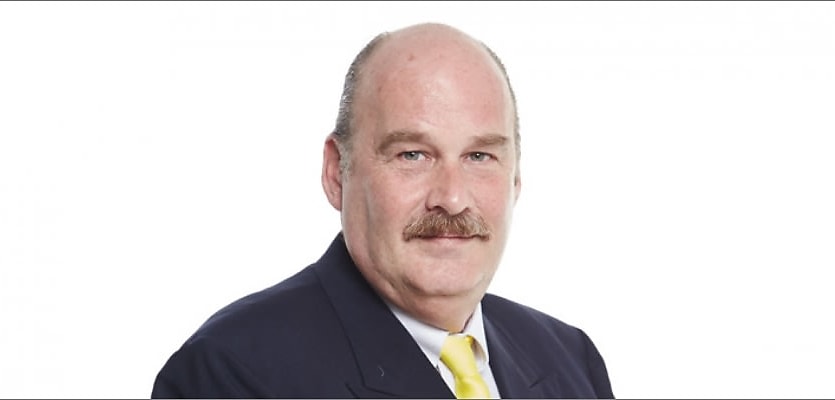The state’s peak real estate body has urged the Andrews government to consult with property leaders and finance experts to ensure further strain is not placed on the market.
Real Estate Institute of Victoria (REIV) chief executive officer, Quentin Kilian, believes a recently announced government inquiry “has the power to set change in motion”. However, he noted, “There is a risk that the state government will jump to a quick fix of replacing one tax with another.”
He believes this strategy will only compound current woes and has implored the Labor government to give property and finance heavyweights a “seat at the table when it comes to tax reform discussion.”
He estimates residential stamp duty collected $164 million for the state government throughout January, a typically quieter month for the property market, alone, and criticised the tax as doing “nothing for participants in property”.
“The only plausible explanation for its lingering existence is that governments over the years have struggled to wean themselves off the $12 billion a year that property taxes bring in revenue,” he said.
“Disappointingly, that money has never been reallocated to areas it should, such as investment in more housing, which would improve our current affordability issue in both home buying and renting,” he added.
Mr Kilian revealed, “Property sector leaders fear that unless they’re engaged along with finance experts in the development of new tax policy for the state, then policymakers are likely to snap to an easy and ill-informed solution of just replacing stamp duty with ongoing land tax, or something even more onerous.”
Last year, the ACT and NSW both enacted stamp duty reforms of their own.
The ACT slashed stamp duty for off-the-plan purchases, allowing properties purchased on not-yet-constructed developments to be tax-free if they fall below the $600,000 threshold.
While NSW’s stamp duty reforms, which kicked off in January having passed through Parliament last November, offer buyers the chance to opt into a smaller annual fee on properties purchased up to $1.5 million, with full stamp duty exemptions given to properties valued up to $650,000 or a concession for those between $650,000 and $800,000.
Mr Kilian acknowledges that the “longer-term tax relief relieves immediate pressure off entering the market,” though he notes that “it could see households paying more over the long-term depending on how long they choose to stay in their property.”
The NSW Treasury calculated that “the break-even period between upfront stamp duty and an annual property fee would be 36 years for an $800,000 apartment, 28 years for a $1 million townhouse, and 26 years for a $1.25 million house.”
The chief executive believes that “together, government and industry would produce a better, more strategic long-term approach to how the property market is regulated, supported, and taxed.”
He concluded, “The REIV stands ready to enter a discussion with the Andrews government and we’re buoyed by the fact that this parliamentary inquiry might trigger some movement.”









You are not authorised to post comments.
Comments will undergo moderation before they get published.